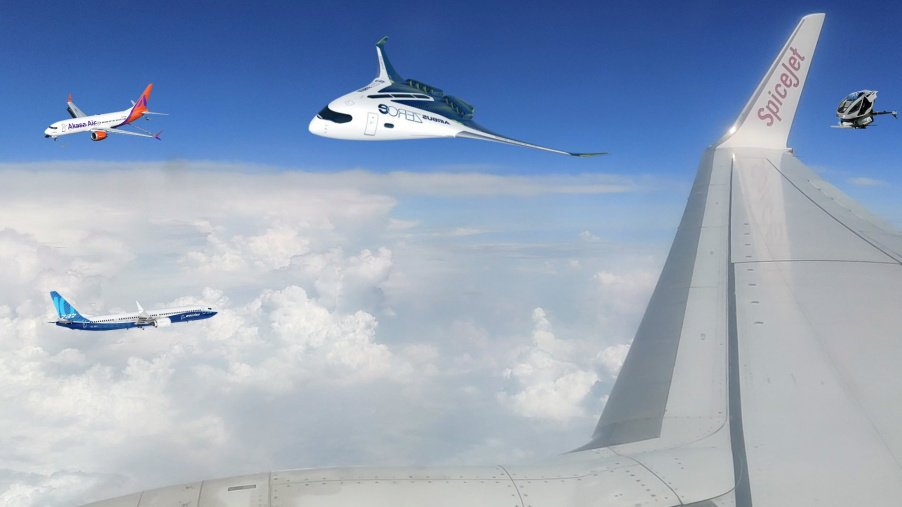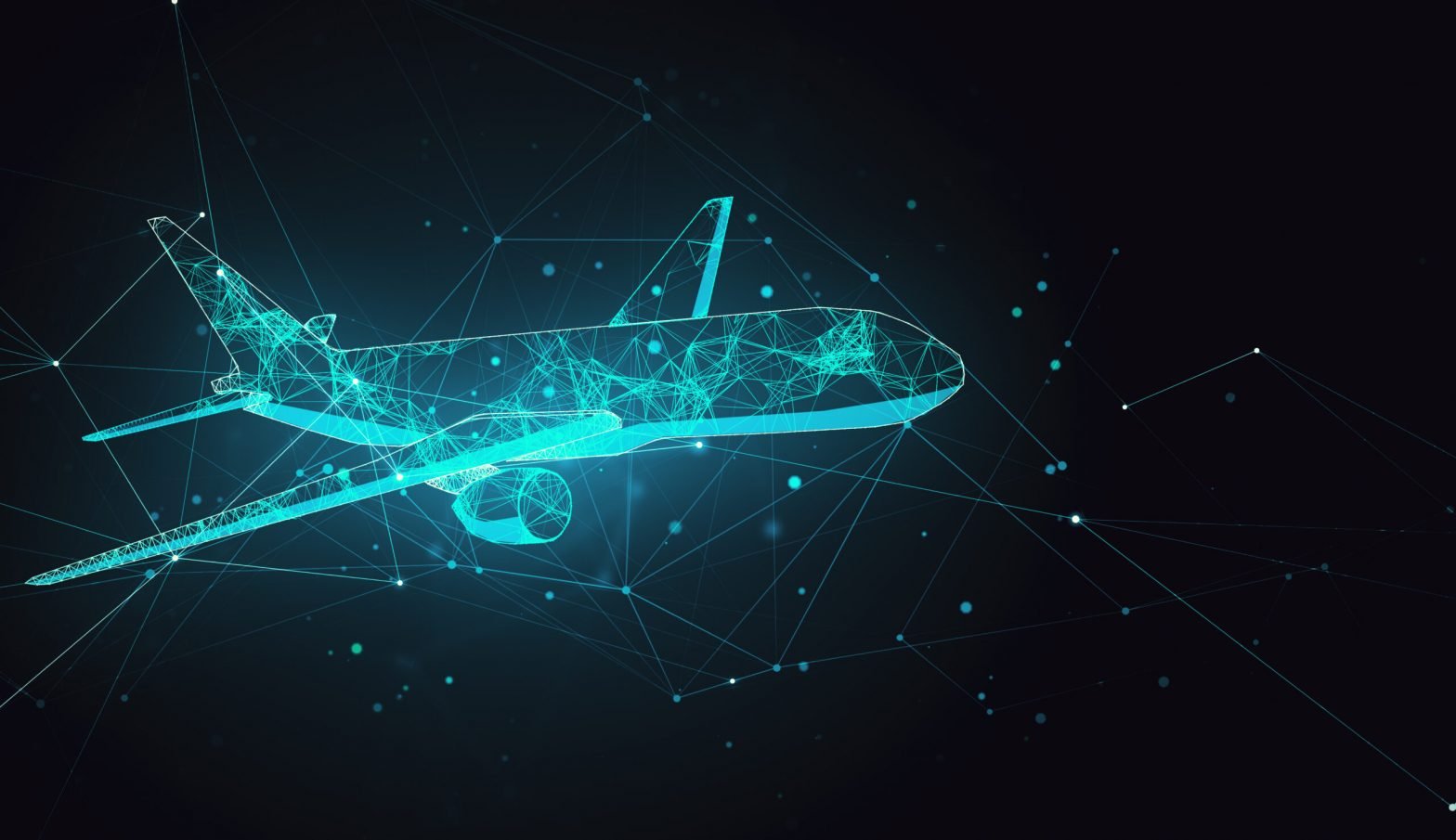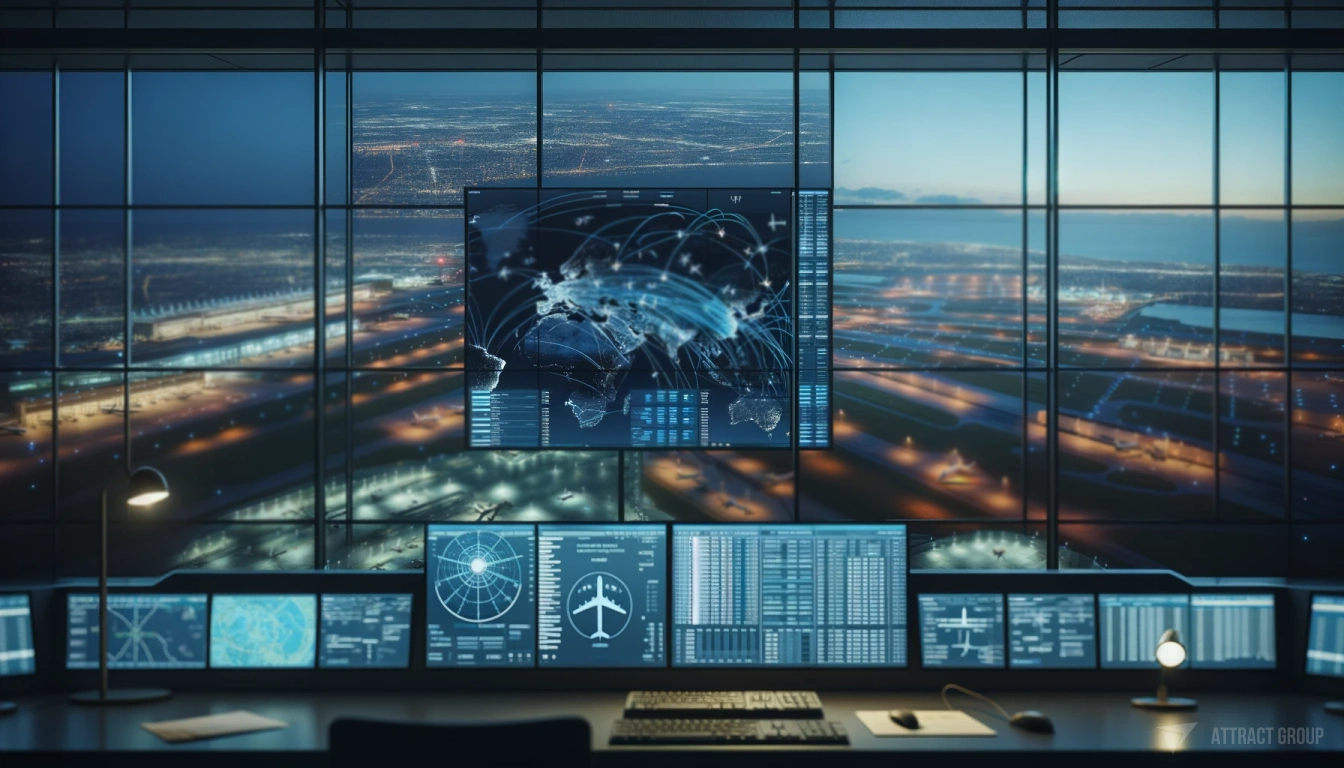Flight tracking technology has evolved significantly over the past few decades, helping improve aviation safety, efficiency, and operations. As the aviation industry continues to advance, so does the need for more sophisticated flight tracking systems. In this article, we’ll explore the future of flight tracking, highlighting the innovations on the horizon and how they will reshape the way airlines and air traffic controllers monitor flights in the coming years.
Global Coverage and Satellite Technology
Currently, many flight tracking systems rely on radar and ground-based communication systems, which can be limited by the range of coverage. One of the key areas of advancement in flight tracking is the integration of satellite technology, which promises to offer global coverage, even over remote and oceanic areas where traditional radar fails to reach.
The future of flight tracking lies in the ability to provide continuous, global tracking capabilities for all commercial flights. This could dramatically enhance the monitoring of aircraft in regions with no radar coverage, improving overall safety and enabling quicker response times during emergencies. Companies like Iridium Communications are already working on satellite-based systems, and as these technologies become more widespread, flight tracking will become more reliable, accurate, and available worldwide.
Real-Time Data Analytics and Predictive Technology
Another significant area of development in flight tracking is the use of real-time data analytics and predictive technology. Currently, flight tracking systems mainly provide data on an aircraft’s position, speed, and altitude. In the future, these systems will be able to offer much more detailed insights, including advanced predictive analytics that can foresee potential risks and irregularities.
For instance, through the integration of artificial intelligence (AI) and machine learning (ML), future flight tracking systems will be able to predict potential mechanical failures, weather disruptions, or airspace conflicts before they happen. These predictive tools will allow airlines and air traffic controllers to make real-time decisions that can prevent accidents, optimize flight paths, and improve fuel efficiency.
Integration with Autonomous Aircraft
With the rise of autonomous technology, one of the most exciting developments in the future of flight tracking is its integration with unmanned and autonomous aircraft. As the aviation industry explores the feasibility of self-piloting planes, flight tracking systems will play a pivotal role in ensuring the safe operation of these aircraft.
Autonomous aircraft will rely heavily on real-time tracking data, not only to avoid collisions with other planes but also to maintain efficient flight paths. The tracking systems of the future will need to accommodate these new aircraft types, ensuring that they can safely navigate through busy airspace while maintaining high standards of safety. This will require the development of more advanced, automated systems that can handle complex decision-making processes in the absence of human pilots.

Increased Security and Cybersecurity Measures
As the reliance on digital flight tracking systems grows, ensuring the security of these systems will become even more critical. The future of flight tracking will include enhanced cybersecurity protocols to protect against hacking and malicious attacks. With more data being transmitted and stored in cloud-based systems, protecting the privacy and integrity of flight tracking information will be a top priority for the aviation industry.
As we move toward a more interconnected and data-driven aviation system, flight tracking systems will need to be equipped with advanced encryption and security measures. This will ensure that only authorized personnel can access sensitive flight data, and any potential cybersecurity threats are swiftly neutralized.
Blockchain for Improved Transparency and Accountability
Blockchain technology is another area that could significantly impact the future of flight tracking. Blockchain offers a decentralized, secure, and transparent way to record and store data, making it an ideal solution for tracking flight information. By incorporating blockchain into flight tracking systems, airlines and regulators could ensure that flight data is tamper-proof and easily accessible to all relevant parties.
This could revolutionize the way flight data is shared and verified, providing a more transparent and accountable system for monitoring flights. Blockchain’s ability to offer a verifiable and immutable record of a flight’s journey could also play a key role in resolving disputes and improving aviation safety standards.
Enhanced User Experience for Passengers
Finally, the future of flight tracking will not only benefit aviation professionals but passengers as well. With more accessible and detailed flight tracking information available to the public, passengers will have a more seamless and informative travel experience. Mobile apps and real-time flight tracking services will continue to evolve, offering features such as push notifications for delays, gate changes, and live updates on weather conditions.
Passengers will also have greater transparency about the progress of their flight, knowing exactly when to expect arrivals or delays. Enhanced flight tracking systems will empower passengers with the information they need to make informed decisions, improving their overall travel experience.
Conclusion
The future of flight tracking is exciting, with advancements in satellite coverage, real-time data analytics, autonomous aircraft integration, cybersecurity, and blockchain technology on the horizon. These innovations will transform how airlines, air traffic controllers, and passengers experience air travel, leading to greater safety, efficiency, and transparency in the skies. As the aviation industry continues to evolve, flight tracking will remain a cornerstone of aviation safety, helping ensure the smooth and secure operation of flights for years to come.











